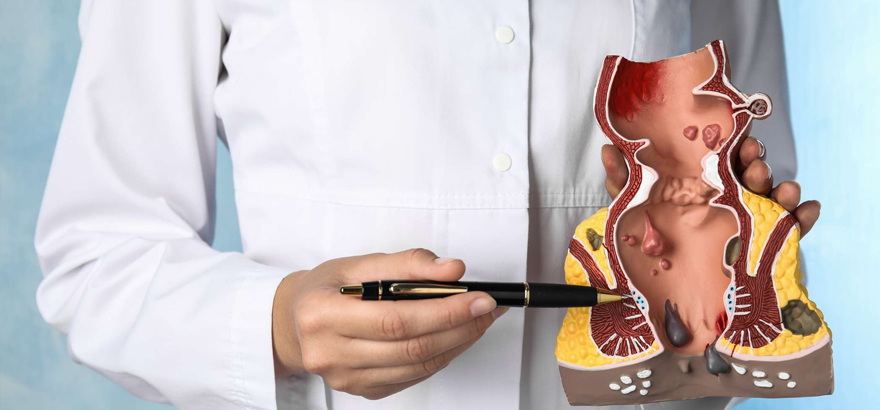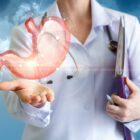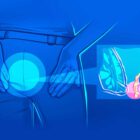Click now to find out what you wonder about Anal Fissure.
With its scientific name, anal fissure, commonly known as breech crack, is one of the most common painful problems in the breech region. During defecation, severe pain or pain, such as tearing or removing a small piece of glass, can sometimes be accompanied by minor bleeding.
How Is Anal Fissure Treated?
The treatment of anal fissure is decided by considering some morphological features and comparing some simple pressure measurements. The problem of anal fissure in some patients may appear as “the tip of the iceberg above the water”.
For this reason, it is evaluated in terms of more important diseases such as chronic constipation, inflammatory bowel diseases, and rectocele (hernia) in women. In addition, it may be necessary to perform an examination to determine whether there is a problem in the large intestine of the patient.
For treatment, methods such as nitrate or herbal creams, botox application, and surgical treatments are used. The type of treatment depends on whether the anal fissure is acute or chronic. After the treatments, if necessary, defecation physiology is organized with biofeedback (re-intestinal education) applications.
What are the symptoms of anal fissure (anal fissure)?
The symptoms of the disease are almost the same in all individuals who have a crack (anal fissure) problem in the anus. However, depending on the size of the crack, the severity of the symptoms felt may differ from person to person. The most common symptoms are as follows:
- Sensation of tearing or removing a piece of glass during defecation
- Pain and swelling in the anus
- Staining on underwear due to bleeding or slight blood leakage
defecation difficulty - Itching and irritation at the tear site
All these symptoms are usually the symptoms that indicate an anal fissure. However, since some diseases such as hemorrhoids, breech abscess or warts, breech prolapse, rectal cancer can present with symptoms similar to anal fissures, there is a possibility that the condition can be confused with these diseases. For this reason, if the above symptoms are observed, patients should definitely consult a physician and have the necessary examinations and tests done.





